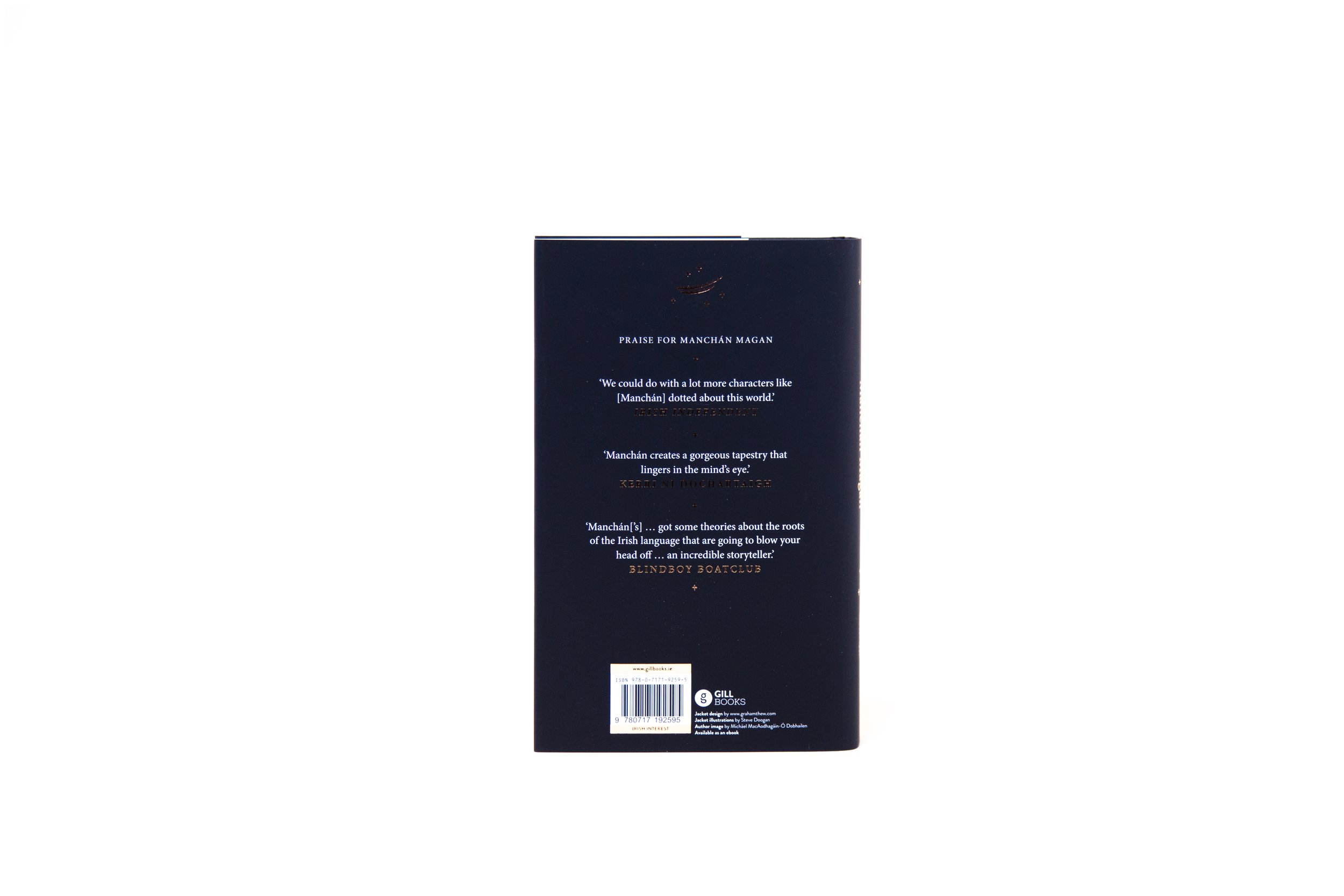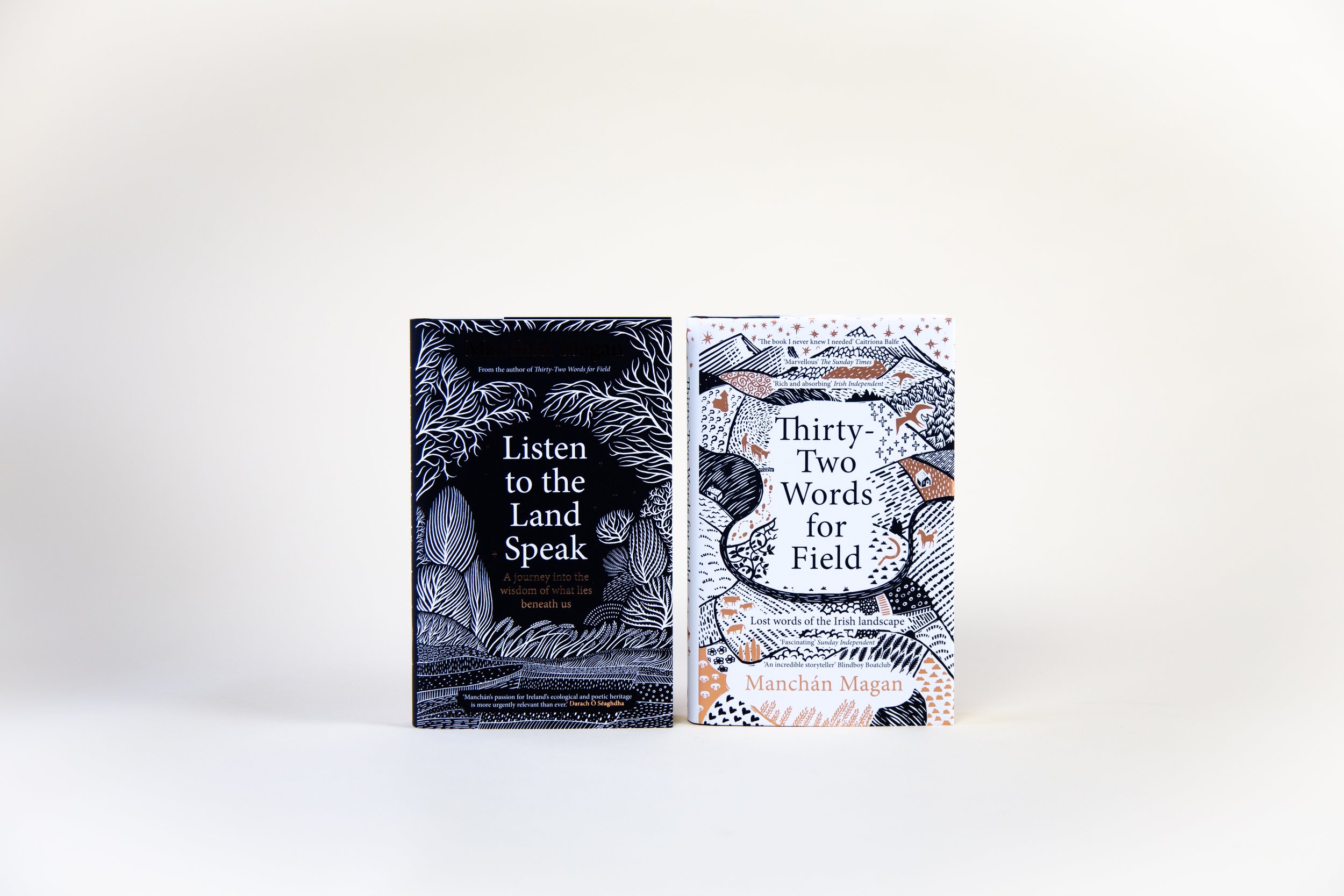Listen to the Land Speak by Mánchan Magan.





Listen to the Land Speak by Mánchan Magan.
Listen to the land speak: A Journey into the wisdom of what lies beneath us.
SUPERFOLK SAYS:
“A book to be read with an open mind. The first hurdle to overcome to get on board with this book: is that what we call history is, in fact, a genre of writing. Myths, while also incomplete, can help us to form a greater understanding of ourselves. Manchán Magan argues that while modern historical accounts are a neat and easy way to digest reality, they don’t tell the whole story”
ABOUT THIS BOOK:
Our ancestors developed a uniquely nature-focused society, centered on esteemed poets, seers, monks, healers, and wise women who were deeply connected to the land. They used this connection to the cycles of the natural world – from which we are increasingly dissociated – as an animating force in their lives.
In this illuminating new book, Manchán Magan sets out on a journey, through bogs, across rivers, and over mountains, to trace these ancestors’ footsteps. He uncovers the ancient myths that have shaped our national identity and are embedded in the strata of land that have endured through millennia – from ice ages through to famines and floods.
Here, the River Shannon is a goddess, and trees and their life-sustaining root systems are hallowed. See the world in a new light in this magical exploration into the life-sustaining wisdom of what lies beneath us.
DETAILS:
ISBN: 9780717192595
Format: Hardback
Publisher: GILL BOOKS (06 October. 2022)
No. of Pages: 358
Weight: 461
Language: English (United States)
Dimensions: 223 x 143 x 33
REVIEWS:
‘We could do with a lot more characters like [Manchán] dotted about this world.’ Irish Independent
‘Manchán creates a gorgeous tapestry that lingers in the mind’s eye.’ Kerri Ní Dochartaigh
‘Manchán[’s] … got some theories about the roots of the Irish language that are going to blow your head off … an incredible storyteller.' Blindboy Boatclub
Manchán’s passion for Ireland’s ecological and poetic heritage is more urgently relevant than ever.’ Darach Ó Séaghdha










